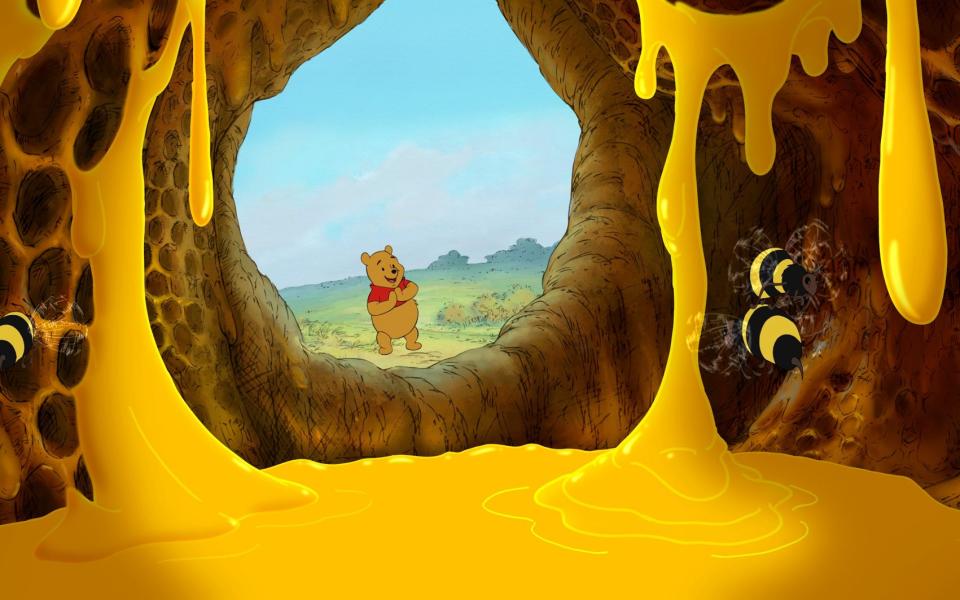Why all UK honey fails EU authenticity tests

In AA Milne’s children’s classic, there was nothing Winnie-the-Pooh loved more than a jar of “hunny”.
But now honey fans may need to be more cautious about the product they are buying after every sample of UK honey failed an EU authenticity test.
An investigation by the European Commission found that all 10 ordinary honey samples from the UK failed adulteration tests, with the honey, while blended or packaged in Britain, probably originating from overseas and mixed with sugar syrup.
The study found that 46 per cent of all samples tested were found to be fraudulent. The EU’s directorate general for health and food safety worked with 18 countries in the EU food fraud network and tested 320 samples, finding that 147 had “at least one marker of extraneous sugar sources” detected.
Its report, published last week in conjunction with the Joint Research Centre, said honey exported from the UK to Europe had a 100 per cent suspicion rate that “could be the result of honey produced in other countries and further processed in the UK before its re-export to the EU”.

The UK Government said it was testing the results but that there was no threat to consumer safety. Olaf, the EU’s anti-fraud office, warned: “Such practices defraud consumers and put honest producers in jeopardy as they face unfair competition from operators who can slash prices thanks to illicit, cheap ingredients.”
Last year, the UK imported more than 38,000 tonnes of honey from China, where there is a known risk of adulteration with sugar syrup.
Consumers will be unaware of the true authenticity and provenance of their honey because country of origin labelling is not required for a blended product from more than one nation.
Arturo Carrillo, the Mexico-based coordinator of the international Honey Authenticity Network, told The Guardian: “The UK is flooded with very cheap adulterated honey imported from China. What is disappointing is that the British authorities have been very, very much reluctant to accept and address this tremendous problem.”
Devina Sankhla, a food policy adviser at the British Retail Consortium, said: “Our members work with suppliers to ensure the authenticity of their honey, conducting regular checks to ensure all honey they sell is as described. Retailers support the ongoing improvement and harmonisation of techniques to advance the detection of adulterated honey.”
‘Government takes food fraud very seriously’
A spokesman for the Department for Environment, Food and Rural Affairs said: “The UK Government takes any type of food fraud very seriously, including honey adulteration. There is no place for adulterated honey, which undermines consumer confidence and disadvantages responsible businesses.
“We work closely with enforcement authorities to ensure honey sold in the UK is not subject to adulteration, meets our high standards – and maintains a level playing field between honey producers.”
According to the Food Fraud Database, honey is one of the top three most faked foods in the world, alongside olive oil and milk, and is adulterated both through the addition of sugar syrup of colouring.
In 2020, it was the first product to receive new Kitemark quality labels following scams involving fake manuka honey. Manuka – an expensive type originating in New Zealand – has often been faked. While 1,700 tonnes of Manuka are produced by New Zealand, 10,000 tonnes are sold.

 Yahoo News
Yahoo News 
